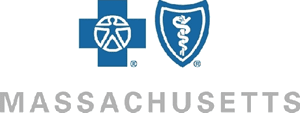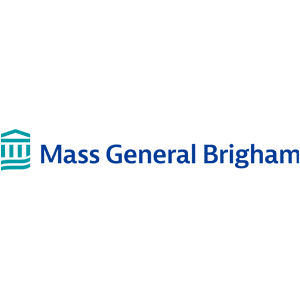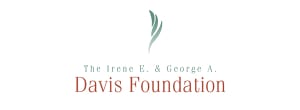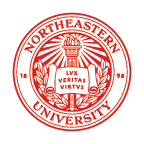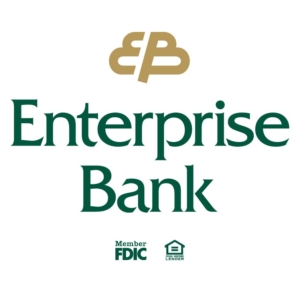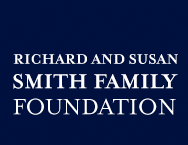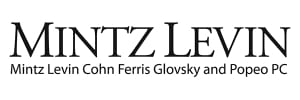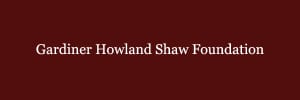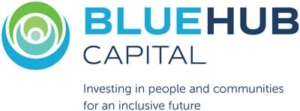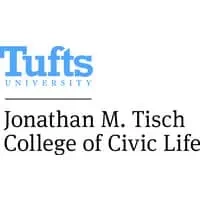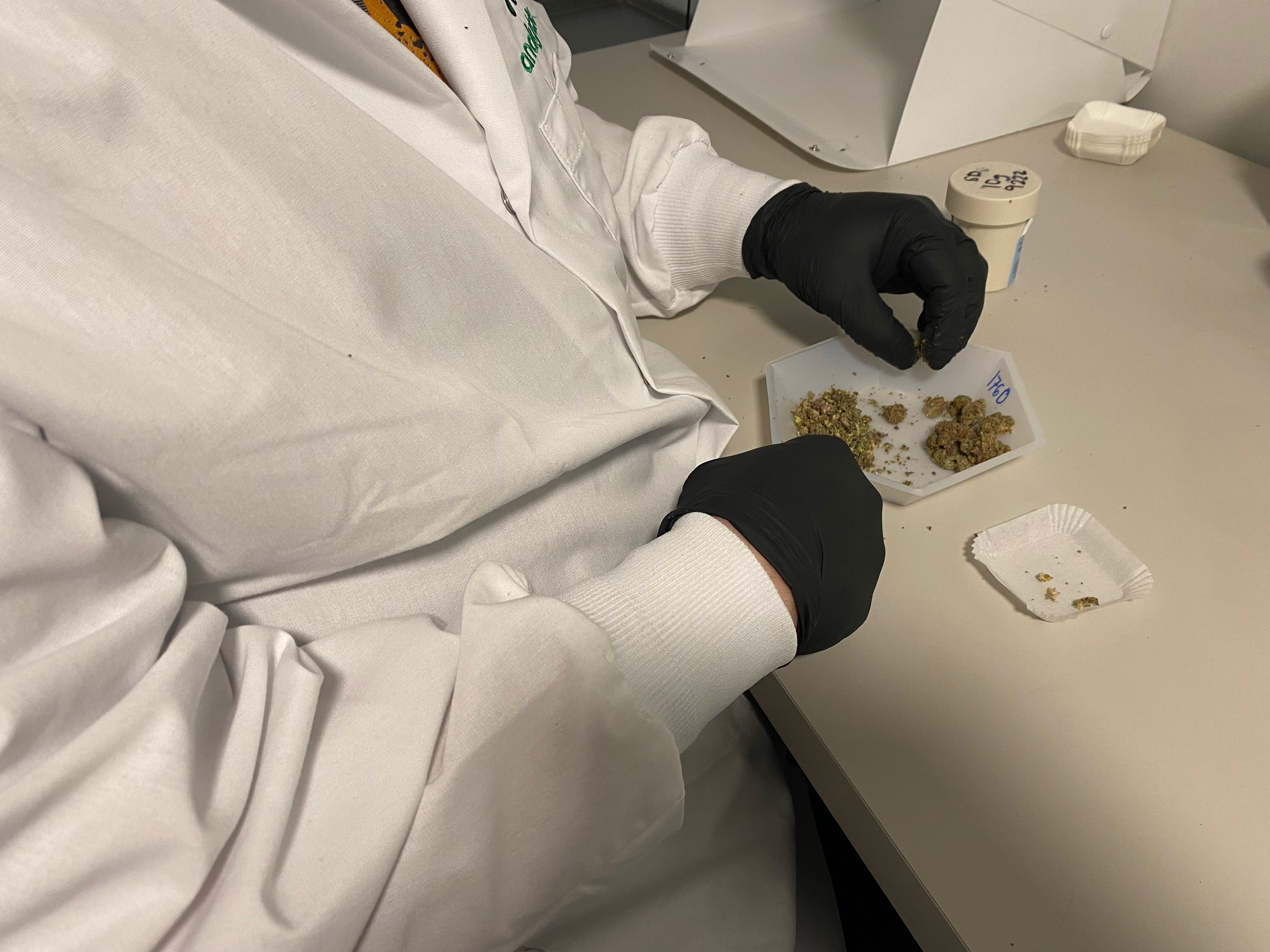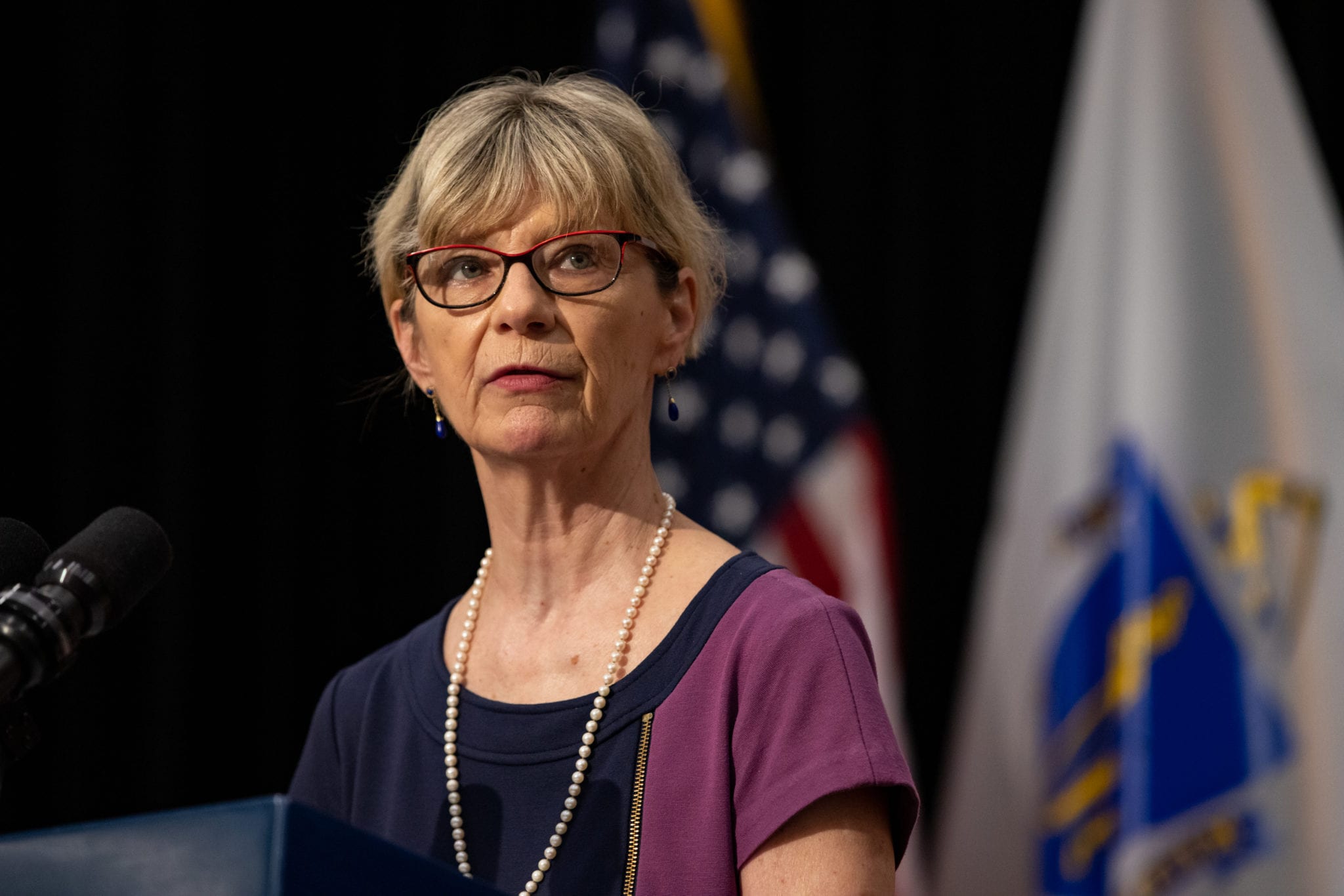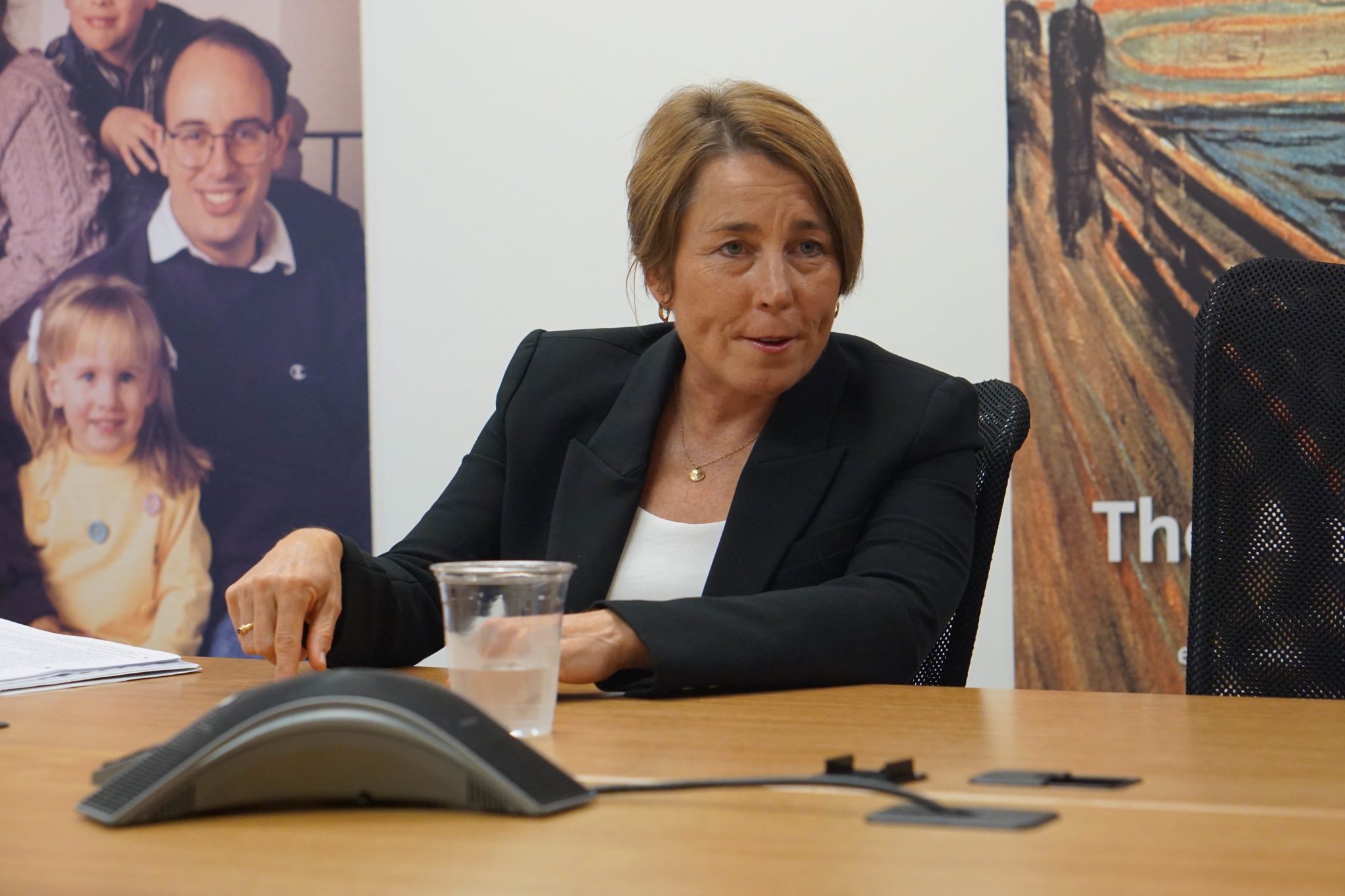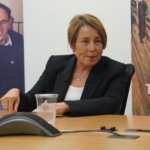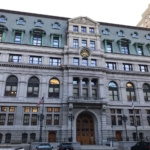The scene in front of the Widener Library following a Harvard commencement. (Photo via Creative Commons by Ian Lamont – harvardextended.blogspot.com)
Education/ Health/ Health Care
0 Comments
MAJOR UNIVERSITIES IN Massachusetts are declining to comment or offering muted responses to a new paper suggesting COVID vaccine booster mandates for students are likely causing more harm than benefit and should be lifted.
An essay published earlier this month in the Journal of Medical Ethics concluded that, based on available evidence from clinical trials and other data sources, requiring booster shots for young adults aged 18 to 29 was likely to be causing net harm because the risks from the vaccine outweigh any benefits at this stage of the pandemic to this population. This group is not only at low risk for serious complications of COVID, but the majority of young people are estimated to have had COVID and therefore also have the immune protection that prior infection with the virus confers.
The study isn’t swaying Boston-area schools, with only one, Boston University, even taking note of the research when asked for comment on its conclusions. But two prominent academic medical experts are questioning the vaccine requirement, including the former dean of Harvard Medical School, who said the paper’s authors make a “strong case” that the booster mandates cause net harm and should be judged unethical.
The essay, co-authored by nine researchers, including public health experts at Harvard Medical School, Johns Hopkins University, and the University of Oxford, used available data to estimate the impact of vaccinating enough young adults with a third mRNA vaccine to prevent one COVID-19 hospitalization over a six-month period.
The authors said the implications of their analysis on the ethics of booster mandates on campuses are clear. “Policymakers should repeal COVID-19 vaccine mandates for young adults immediately,” they concluded, citing five ethical arguments against the requirements, including the lack of randomized trial data from this specific population and the lack of a “proportionate public health benefit” outweighing risks to young adults from booster vaccines.
The paper said that as of May of this year, more than 300 colleges and universities in North America required students to have COVID vaccine boosters. That group includes most of the major universities in the Boston area.
Asked for comment on the paper and the doubts it raises about booster vaccine requirements, none of the five schools in the Boston area that CommonWealth contacted said they were considering dropping their mandate.
Boston College and Tufts University did not respond to multiple inquiries. Harvard referred questions to the university’s health services office, which said it would “not provide a comment on this issue.”
A spokesperson for Northeastern University said the school has developed its policies based on available evidence and public health requirements. “Northeastern University has consistently followed scientific data and public health requirements to maintain safe and open campuses throughout the pandemic. We were among the first universities in the country to require that everyone in our community be fully vaccinated, including a booster shot,” the spokesperson said, while adding that the school currently has no plans to require an additional booster shot.
Boston University was the only one of the five schools that acknowledged the new report and the ever-changing state of knowledge on vaccines and COVID.
“From the onset of the pandemic, health care providers, scientists, and public health experts in higher education have been learning from the shared experiences, research, and evolving medical knowledge about the best way to safely populate our college campuses and minimize the risk of missed classes, worsening mental health, illnesses, hospitalizations, and deaths,” said Dr. Judy Platt, BU’s chief health officer and executive director of student health services. “We have needed to make decisions in the context of our entire community inclusive of faculty, staff, and students. Much has changed since early 2020, and we have continued to evolve our protocols and policy to reflect new information and relevant data. We are dedicated to learning from and contributing to the continually growing body of literature related to COVID-19. We are cautious about changing policy in reaction to a single study or essay, but are actively reviewing new information. Boston University has kept our COVID primary vaccination and initial booster mandates in place and we are currently reviewing our own internal data as well as studies such as these to make future policy determinations regarding ongoing COVID-19 booster requirements.”
Jeffrey Flier, the former dean of Harvard Medical School and currently a professor of physiology and medicine there, said booster mandates for young people were wrong. “Wow. New paper makes strong case that COVID booster mandates in young adults (as in many US universities), caused net harm, and must be judged unethical,” Flier tweeted. “This should not have happened, and we should insist on accountability.”
In September 2021, an FDA advisory committee voted overwhelmingly, 16-2, against a blanket recommendation of a vaccine booster for nearly everyone older than 16. But that vote was overruled by the FDA and CDC, which issued a recommendation that all adults get a booster shot.
“There has been this overwhelming sense coming out of the CDC that the more people we vaccinate the better. And that is true for most vaccines, but we don’t know for the SARS-CoV-2 [COVID] vaccine,” said Dr. Cody Meissner, a vaccine expert and member of the advisory committee who voted against the blanket booster recommendation. Meissner, a professor of pediatrics and medicine at the Dartmouth Geisel School of Medicine, said the myocarditis risk in males under 30 likely outweighs any benefit of the booster in preventing COVID hospitalization.
Meissner, who was chief of pediatric infectious diseases at Tufts Children’s Hospital until its closure earlier this year, said a COVID booster may be prudent for older or high-risk individuals, but the case is much less clear for others. “When people ask me, should they get the booster, I say, no one really knows,” he said.
“If I were advising a college, I would not push too hard,” Meissner said of booster requirements. “If people want to get it, that’s fine. I think it’s pretty hard to push this too hard.”
Kevin Bardosh, the lead author of the recent Journal of Medical Ethics essay, said there has been reluctance to give attention to studies that are “skeptical of the overenthusiasm about vaccine efficacy.” That attitude is “based on the assumption that any information that’s negative about vaccines will be harmful to public health,” said Bardosh, a medical anthropologist affiliated with the University of Washington and the University of Edinburgh. “Heterodox views are dismissed as on par with flat-earthers and people who deny the moon landing.”
Meissner echoed the views of Tufts Medical Center physician and epidemiologist Shira Doron, who has called for a “campaign of honesty” about what we know and don’t know about COVID vaccines. He said there have been promises made about the effectiveness of COVID vaccines that turned out not to be true. 
Michael Jonas has worked in journalism in Massachusetts since the early 1980s. Before joining the CommonWealth staff in early 2001, he was a contributing writer for the magazine for two years. His cover story in CommonWealth’s Fall 1999 issue on Boston youth outreach workers was selected for a PASS (Prevention for a Safer Society) Award from the National Council on Crime and Delinquency.
Michael got his start in journalism at the Dorchester Community News, a community newspaper serving Boston’s largest neighborhood, where he covered a range of urban issues. Since the late 1980s, he has been a regular contributor to the Boston Globe. For 15 years he wrote a weekly column on local politics for the Boston Sunday Globe’s City Weekly section.
Michael has also worked in broadcast journalism. In 1989, he was a co-producer for “The AIDS Quarterly,” a national PBS series produced by WGBH-TV in Boston, and in the early 1990s, he worked as a producer for “Our Times,” a weekly magazine program on WHDH-TV (Ch. 7) in Boston.
Michael lives in Dorchester with his wife and their two daughters.
Michael Jonas has worked in journalism in Massachusetts since the early 1980s. Before joining the CommonWealth staff in early 2001, he was a contributing writer for the magazine for two years. His cover story in CommonWealth’s Fall 1999 issue on Boston youth outreach workers was selected for a PASS (Prevention for a Safer Society) Award from the National Council on Crime and Delinquency.
Michael got his start in journalism at the Dorchester Community News, a community newspaper serving Boston’s largest neighborhood, where he covered a range of urban issues. Since the late 1980s, he has been a regular contributor to the Boston Globe. For 15 years he wrote a weekly column on local politics for the Boston Sunday Globe’s City Weekly section.
Michael has also worked in broadcast journalism. In 1989, he was a co-producer for “The AIDS Quarterly,” a national PBS series produced by WGBH-TV in Boston, and in the early 1990s, he worked as a producer for “Our Times,” a weekly magazine program on WHDH-TV (Ch. 7) in Boston.
Michael lives in Dorchester with his wife and their two daughters.
“It’s important for the questions to be asked,” Meissner said about the benefits and risks of further vaccination of various subgroups of the population. “That’s part of the problem – it hasn’t been a scientific approach. It’s been certain people and the drug companies pushing the vaccines. We haven’t been able to engage in a sincere, earnest discussion of the pros and cons. People attack each other, and that’s not the way to get to the truth.”




